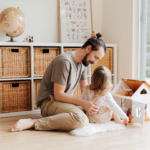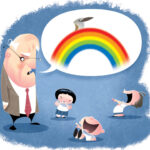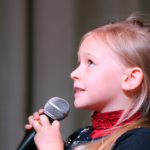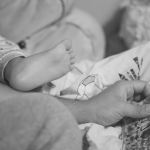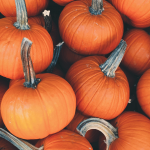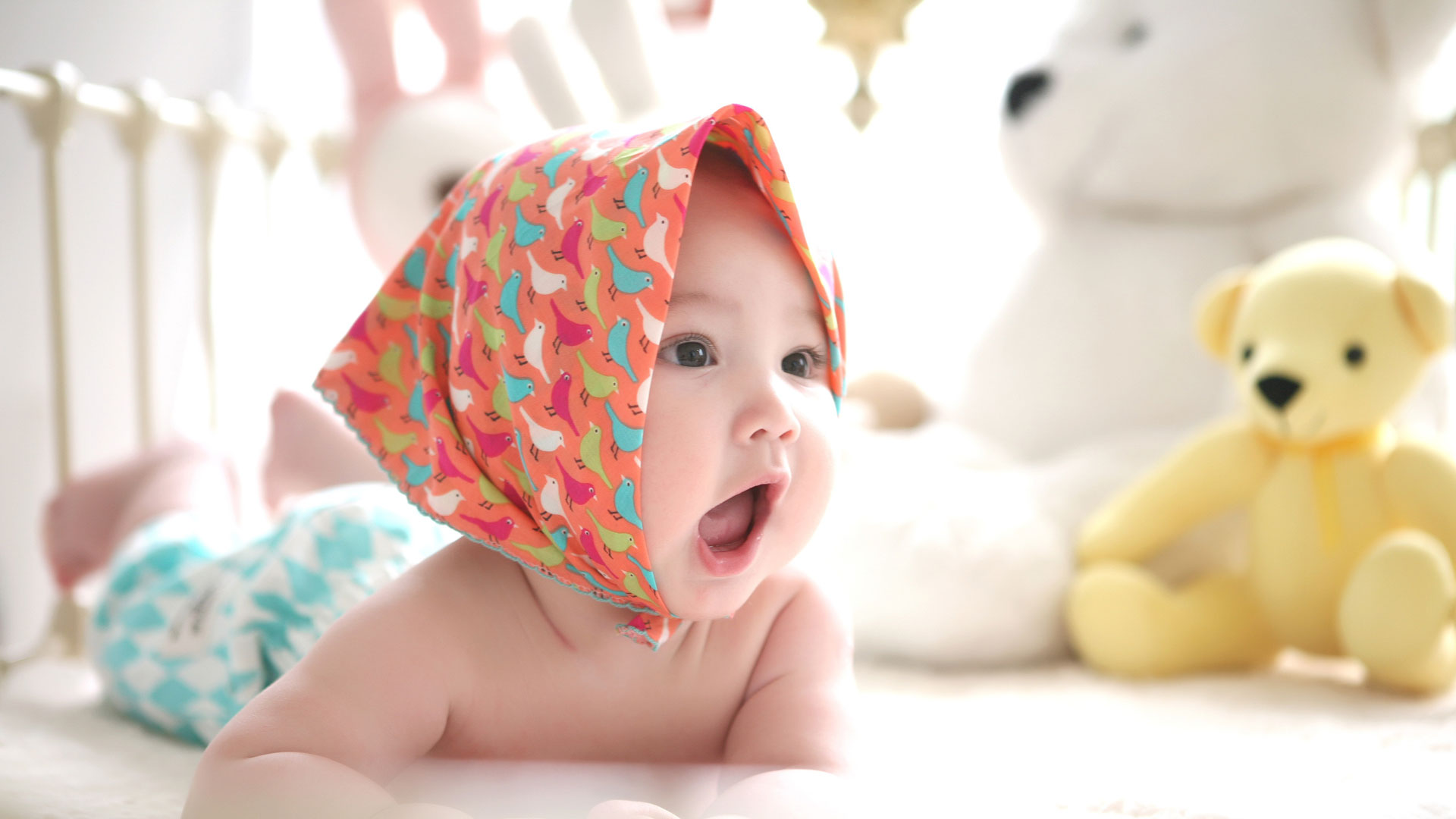
07 Apr Why babies start out life as universal linguists
Two English neuroscientists, Sarah-Jayne Blakemore and Suparna Choudhury, point to a remarkable occurrence during infancy that might have echoes in adolescence.
Similar to adolescence, during the first 18 months of life there is a surge and then pruning of the brain’s neural connections.
Curiously, this sculpting process appears to assist development in areas such as the emergence of language. In becoming language competent, one of a child’s earliest tasks is to be able to distinguish between the speech sounds that make up words.
The struggle that a Japanese person has in discerning the difference between the English ‘r’ and ‘l’, or that an English speaker has with the different ‘t’ sounds in Hindi, shows that each language has a limited range of speech sounds. Incredibly, newborn babies are much more accomplished at distinguishing between the varieties of speech sounds than their adult carers. Indeed, babies are universal linguists because they can distinguish between the speech sounds that exist in any language.
Australian babies, for example, can detect the subtle difference between sounds that are common in English as well as Swahili, Mandarin or Hungarian. By the end of the first year, however, they lose this ability. Instead, they become expert at distinguishing between the variations that exist in the language that surrounds them.
The fine-tuning of sound categorisation seems to rely on the pruning of connections in areas of the brain involved in processing sound. Rather than remaining open to every language, the specialisation and strengthening of neural connections helps infants to profit from experience and so become more sophisticated users of their mother tongue.
Like the infant, the adolescent needs to be open to innumerable possibilities and then able to make the most of their experience. The establishment of certain neural pathways at the expense of others could enable them to invest themselves more effectively in whatever academic, social and personal opportunities they face.


